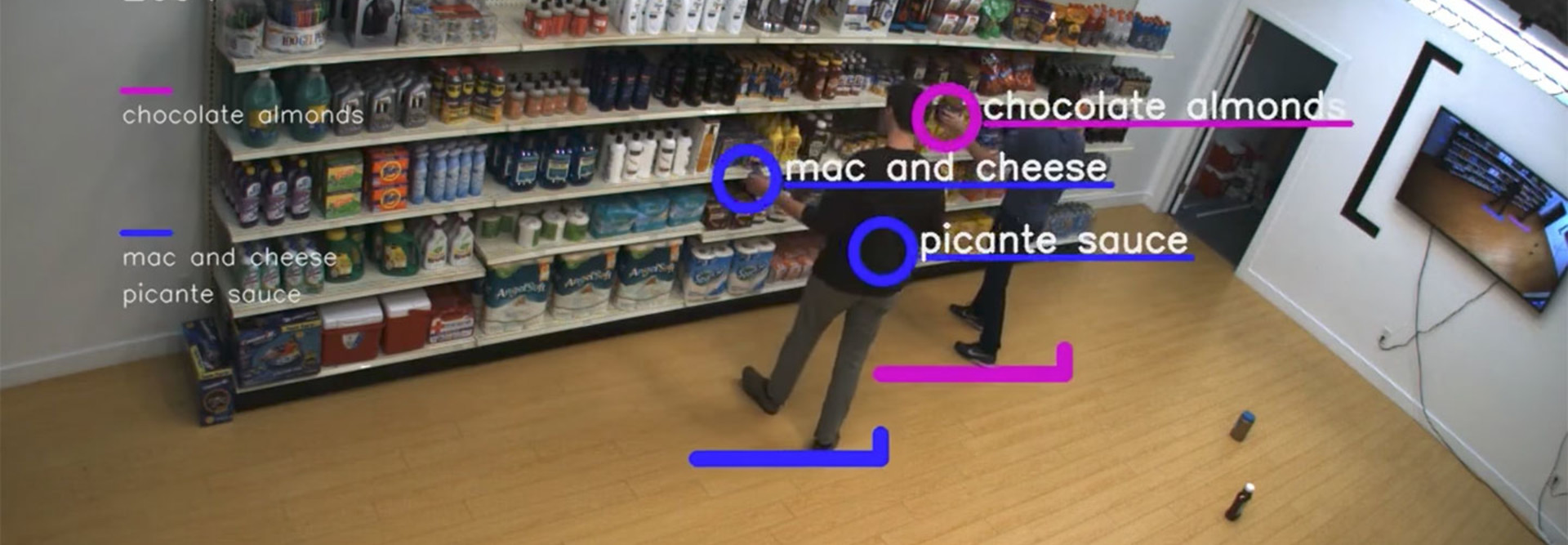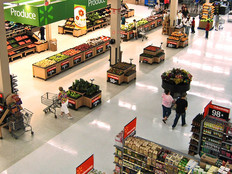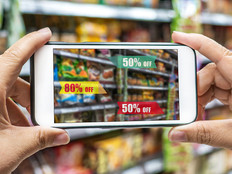Can AI and Video Tech Change the Way We Run Retail Stores?
The retail checkout experience has evolved over the decades, from the introduction of credit cards to payment by mobile phone using near-field communications. However, in the not-too-distant future, customers may be able to walk out of stores without ever interacting with a human cashier.
The technologies are still in the prototype phase, and retailers will need to test them to see if they actually work and deliver their putative benefits.
However, a constellation of technologies, from surveillance cameras to computer vision software and artificial intelligence systems, potentially could make checking out of a store much more seamless. It also could help retailers catch shoplifters by more accurately tracking when items have been placed into shopping carts.
Amazon Go Retail Concept Hits Snags
In December 2016, Amazon unveiled a new concept for a retail store called Amazon Go, where shoppers will be able to check out without having to interact with a cashier or wait in line.
Amazon says that the technology behind the concept includes “computer vision, sensor fusion and deep learning.” Using a mobile application, customers will scan their smartphones at a kiosk when they walk into the store. The store’s technology, which the online retailer calls “Just Walk Out,” automatically detects when products are taken from or returned to the shelves and keeps track of them in a virtual cart. When customers finish shopping they will simply leave. Shortly thereafter the company will charge each customer's Amazon account and send a receipt.
Amazon planned to open the first store in Seattle in early 2017, but The Wall Street Journal reported in March that the opening would be delayed. Citing unnamed sources, the newspaper reported that the company ran into “problems tracking more than about 20 people in the store at one time, as well as the difficulty of keeping tabs on an item if it has been moved from its specific spot on the shelf.” Then in June, one of the technology executives leading the initiative reportedly left Amazon. As of mid-September, the concept was “still in beta,” CNBC reports.
Meanwhile, other companies are investing in and piloting similar technology to give retailers more options as they craft the stores of the future.
Retail Tech Could Help Catch Shoplifters
In Shanghai, a prototype of a new 24-hour convenience store called Moby, developed by Sweden-based startup Wheelys, has no staff or cash registers, Fast Company reports. Further, the store is on wheels, and it’s “designed to eventually drive itself to a warehouse to restock, or to a customer to make a delivery.”
Customers use a mobile app to open the store, where they are greeted by a hologram-like AI presence, the magazine reports. A smart basket tracks the items customers place in it.
Fast Company reports:
The tiny shop will stock fresh food and other daily supplies, and if you want something else you can order it using the store’s artificial intelligence. The packages will be waiting when you return to shop the next time. When autonomous vehicles are allowed on roads, the store could also show up at your home, and the company is also testing a set of drones to make small deliveries.
Meanwhile, in the United States and closer to the here and now, startup Standard Cognition is testing its own futuristic concept store at a pop-up demonstration in Santa Clara, Calif. Like Amazon Go, the system uses cameras and AI. “Ceiling-mounted cameras track shoppers and the items they pick up, with computer vision software identifying each item so the customer can be charged electronically via an app on their way out,” the San Jose Mercury News reports.
Analysts interviewed by the newspaper disagree about the system’s potential benefits. On the one hand, it could automate checkout and make it smoother for customers. However, it could also turn off customers if they feel like they are constantly being monitored, though Standard Cognition co-founder and COO Michael Suswal tells MIT Technology Review that the company is not doing any facial recognition.
Though the system is still being refined, it can detect items at checkout that the customer does not place in the shopping basket, making the system a potential tool in combating shoplifting, MIT Technology Review reports.
The publication reports that, according to Brandon Ogle, another Standard Cognition co-founder and an engineer for the company, the item classification in the test store is accurate 98 percent of the time. The company is teaching its computers to identify more products, and Ogle says the system has become more accurate as a result.
Yet it may be a while before these technologies have mainstream sway, since self-checkout has been around for decades but stores still employ human cashiers.
“I think nobody these days would suggest that becoming a supermarket point-of-sale clerk is a growth industry,” Tom Davenport, a professor at Babson College and co-author of Only Humans Need Apply: Winners and Losers in the Age of Smart Machines, tells MIT Technology Review. “But they’ve proven remarkably resistant to going away.”









